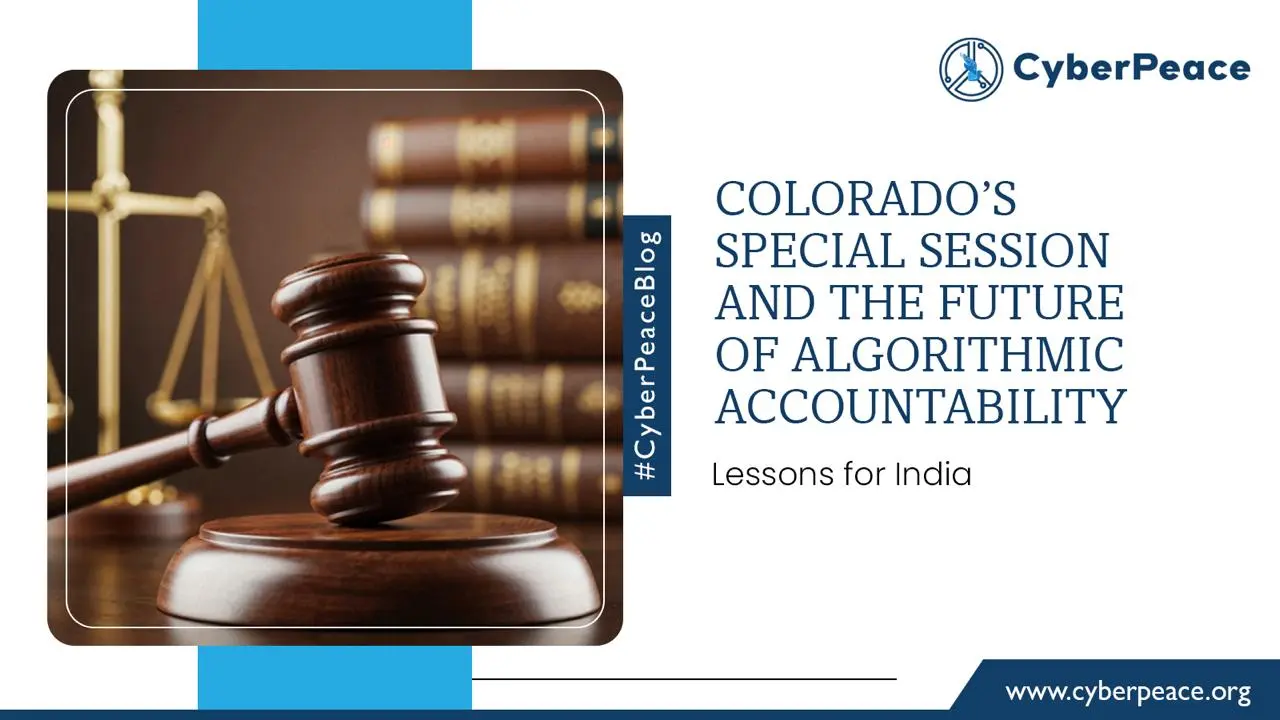Who Is Winning the War with AI: Bots vs. Captcha?
CAPTCHA, or the Completely Automated Public Turing Test to Tell Computers and Humans Apart function, is an image or distorted text that users have to identify or interpret to prove they are human. 2007 marked the inception of CAPTCHA, and Google developed its free service called reCAPTCHA, one of the most commonly used technologies to tell computers apart from humans. CAPTCHA protects websites from spam and abuse by using tests considered easy for humans but were supposed to be difficult for bots to solve.
But, now this has changed. With AI becoming more and more sophisticated, it is now capable of solving CAPTCHA tests at a rate that is more accurate than humans, rendering them increasingly ineffective. This raises the question of whether CAPTCHA is still effective as a detection tool with the advancements of AI.
CAPTCHA Evolution: From 2007 Till Now
CAPTCHA has evolved through various versions to keep bots at bay. reCAPTCHA v1 relied on distorted text recognition, v2 introduced image-based tasks and behavioural analysis, and v3 operated invisibly, assigning risk scores based on user interactions. While these advancements improved user experience and security, AI now solves CAPTCHA with 96% accuracy, surpassing humans (50-86%). Bots can mimic human behaviour, undermining CAPTCHA’s effectiveness and raising the question: is it still a reliable tool for distinguishing real people from bots?
Smarter Bots and Their Rise
AI advancements like machine learning, deep learning and neural networks have developed at a very fast pace in the past decade, making it easier for bots to bypass CAPTCHA. They allow the bots to process and interpret the CAPTCHA types like text and images with almost human-like behaviour. Some examples of AI developments against bots are OCR or Optical Character Recognition. The earlier versions of CAPTCHA relied on distorted text: AI because of this tech is able to recognise and decipher the distorted text, making CAPTCHA useless. AI is trained on huge datasets which allows Image Recognition by identifying the objects that are specific to the question asked. These bots can mimic human habits and patterns by Behavioural Analysis and therefore fool the CAPTCHA.
To defeat CAPTCHA, attackers have been known to use Adversarial Machine Learning, which refers to AI models trained specifically to defeat CAPTCHA. They collect CAPTCHA datasets and answers and create an AI that can predict correct answers. The implications that CAPTCHA failures have on platforms can range from fraud to spam to even cybersecurity breaches or cyberattacks.
CAPTCHA vs Privacy: GDPR and DPDP
GDPR and the DPDP Act emphasise protecting personal data, including online identifiers like IP addresses and cookies. Both frameworks mandate transparency when data is transferred internationally, raising compliance concerns for reCAPTCHA, which processes data on Google’s US servers. Additionally, reCAPTCHA's use of cookies and tracking technologies for risk scoring may conflict with the DPDP Act's broad definition of data. The lack of standardisation in CAPTCHA systems highlights the urgent need for policymakers to reevaluate regulatory approaches.
CyberPeace Analysis: The Future of Human Verification
CAPTCHA, once a cornerstone of online security, is losing ground as AI outperforms humans in solving these challenges with near-perfect accuracy. Innovations like invisible CAPTCHA and behavioural analysis provided temporary relief, but bots have adapted, exploiting vulnerabilities and undermining their effectiveness. This decline demands a shift in focus.
Emerging alternatives like AI-based anomaly detection, biometric authentication, and blockchain verification hold promise but raise ethical concerns like privacy, inclusivity, and surveillance. The battle against bots isn’t just about tools but it’s about reimagining trust and security in a rapidly evolving digital world.
AI is clearly winning the CAPTCHA war, but the real victory will be designing solutions that balance security, user experience and ethical responsibility. It’s time to embrace smarter, collaborative innovations to secure a human-centric internet.
References
- https://www.business-standard.com/technology/tech-news/bot-detection-no-longer-working-just-wait-until-ai-agents-come-along-124122300456_1.html
- https://www.milesrote.com/blog/ai-defeating-recaptcha-the-evolving-battle-between-bots-and-web-security
- https://www.technologyreview.com/2023/10/24/1081139/captchas-ai-websites-computing/
- https://datadome.co/guides/captcha/recaptcha-gdpr/





